Trump Unveils 'Liberation Day' Tariffs, Igniting Global Trade Tensions
- by Sharon Medley , RNG247
- about 7 months ago
- 122 views
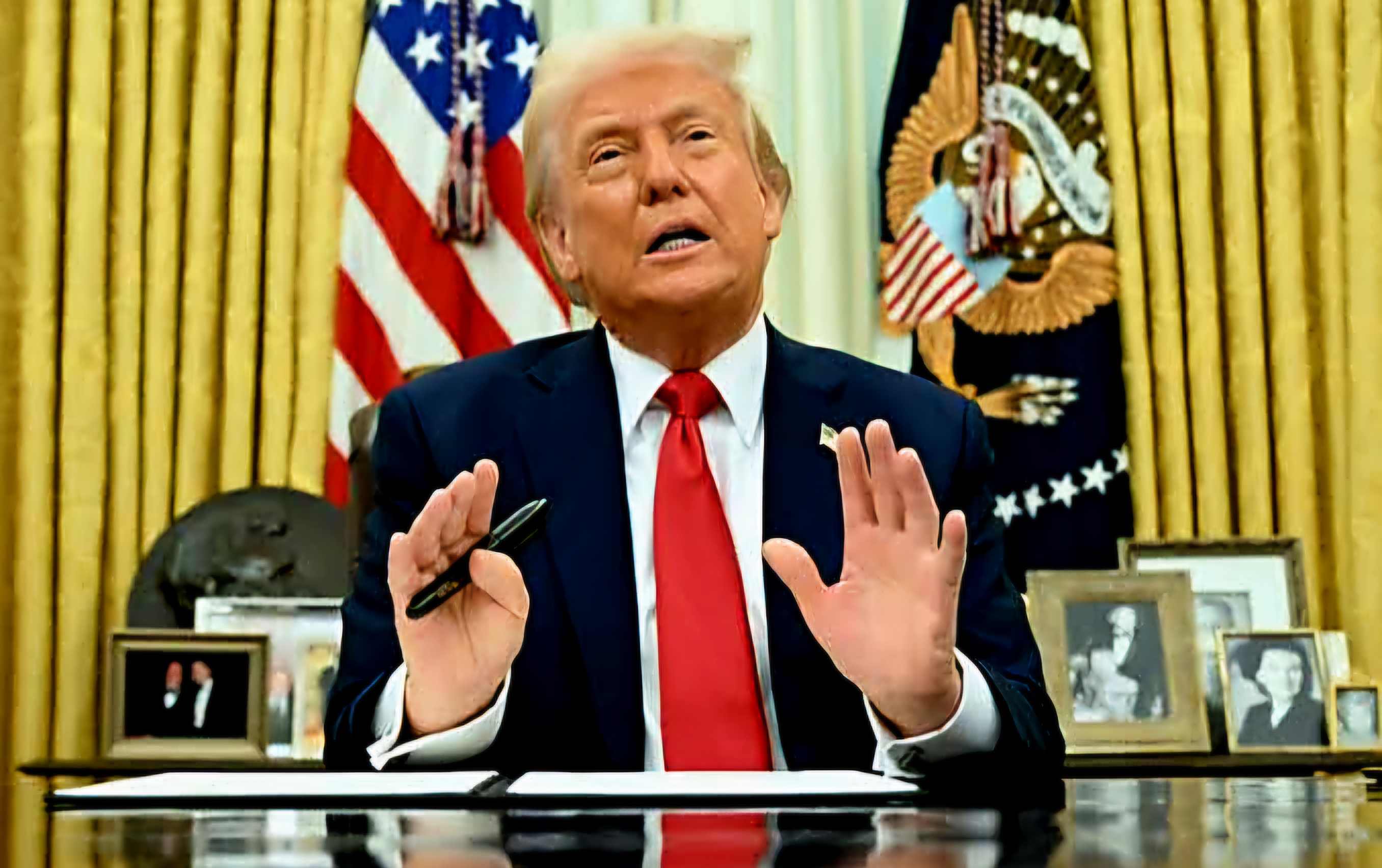
...Summary
1. In a bold move signaling a departure from decades of established trade norms, President Donald Trump is set to announce sweeping new tariffs on global trading partners, branded as "Liberation Day."
2. The announcement, slated for Wednesday afternoon, could lead to immediate implementation of reciprocal tariffs, particularly affecting countries with significant trade surpluses with the U.S.
3. Experts warn that the cascading effects of these tariffs may heighten uncertainty in the markets, escalating costs for American consumers and businesses alike.
4. As international trading partners, including Canada and the European Union, prepare retaliatory measures, the announcement threatens to disrupt economic relations and provoke global trade confrontations
...Trump to Escalate Global Trade Tensions with 'Liberation Day' Tariffs on Trading Partners
In a dramatic policy shift, President Donald Trump is poised to impose extensive reciprocal tariffs on global trading partners, an announcement that has been dubbed "Liberation Day." Scheduled for a White House Rose Garden ceremony at 4 p.m. Eastern Time (2000 GMT), the move threatens to unravel decades of established, rules-based trade and raise costs for American consumers across a broad spectrum of goods and services.
While the details surrounding Trump's tariff plans remain tightly held, sources indicate that the new duties will come into effect immediately after the announcement. Additionally, a separate 25% global tariff on auto imports is set to take effect on April 3.
Trump has defended these reciprocal tariff measures as a necessary step to level the playing field, addressing what he claims are inequities resulting from lower U.S. tariff rates compared to those imposed by other countries, alongside non-tariff barriers that hinder U.S. exports. However, the specific structure of these tariffs remains a topic of speculation, with some reports suggesting a universal 20% tariff may be in consideration.
"I can't recall a situation where the stakes were this high and yet the outcome was so unpredictable," commented Steve Sosnick, chief strategist at Interactive Brokers. “The devil is in the details, and nobody knows the details.”
An unnamed former trade official hinted that Trump might prefer to impose varying tariff rates tailored to individual countries rather than a blanket rate, which would involve more complexity but could also provide a more tailored approach to address unfair trade practices.
Ryan Majerus, a former Commerce Department official, added that while a universal tariff might be simpler to implement, reciprocal tariffs designed for specific countries could more effectively counter perceived trade injustices. Regardless of the approach, Majerus cautioned that the ramifications of this announcement would reverberate across multiple industries.
Since taking office, Trump has already enacted a series of trade measures, including a new 20% tariff on all imports from China and the reinstatement of 25% duties on steel and aluminum, now extended to cover nearly $150 billion worth of downstream products. This new framework effectively means that a Mexican-built vehicle, for example, could be hit with combined tariffs totaling as much as 52.5% if additional reciprocal tariffs are introduced.
With uncertainty hovering over the trading environment, investors and analysts are expressing deep concern, having seen nearly $5 trillion wiped off U.S. stock values over recent weeks. "Ideally, we just get one number and then we can figure out the downstream impact," noted Sonu Varghese, global macro strategist at Carson Group. "But my fear is that we won't get that, or even if we get one number that will be subject to negotiations."
Meanwhile, trading partners, including the European Union, Canada, and Mexico, are bracing for potential retaliatory actions. Canadian Prime Minister Mark Carney and Mexican President Claudia Sheinbaum have publicly voiced their intent to oppose what they term "unjustified trade actions" from the U.S. In Australia, Prime Minister Anthony Albanese and Liberal Party leader Peter Dutton have pledged to defend the nation’s interests amid fears of impending tariffs affecting Australian beef exports.
Trump has argued that for too long, American workers and manufacturers have suffered under trade agreements that have facilitated imports at the expense of U.S. interests. Highlighting the significant trade imbalance, he emphasized that the U.S. goods trade deficit exceeds $1.2 trillion, asserting that the time has come for more aggressive trade policies.
However, the financial implications are stark; estimates from the Yale University Budget Lab suggest that a 20% tariff could cost the average American household upwards of $3,400, raising urgent questions about the potential fallout of these forthcoming policies on everyday consumers. As the world awaits further details, one thing remains clear: the landscape of global trade is about to undergo a seismic shift.




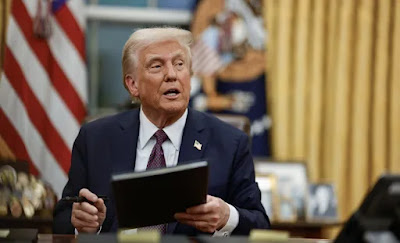



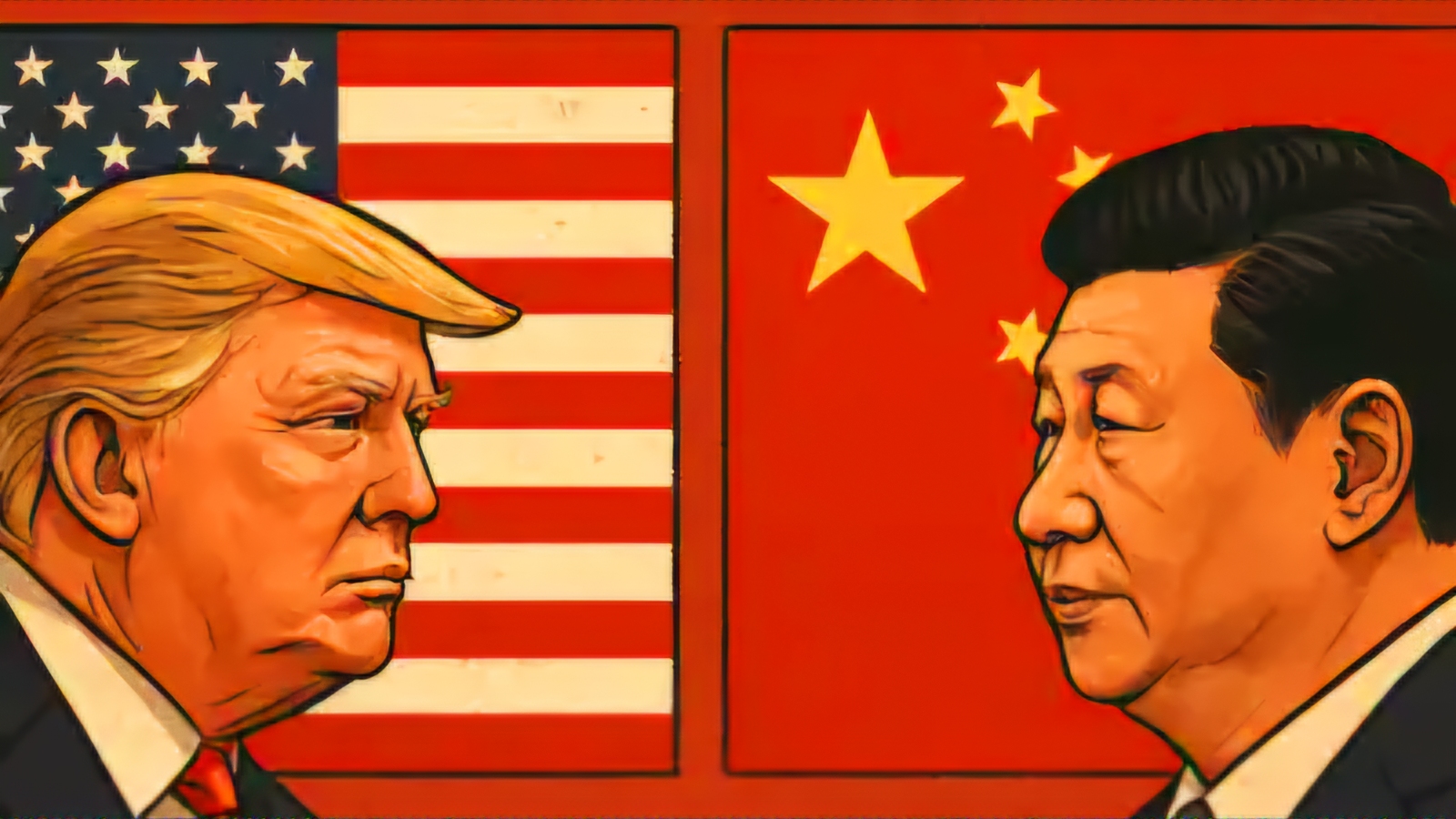
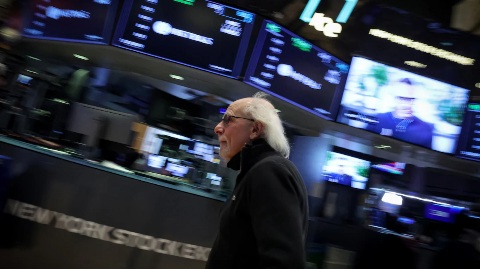
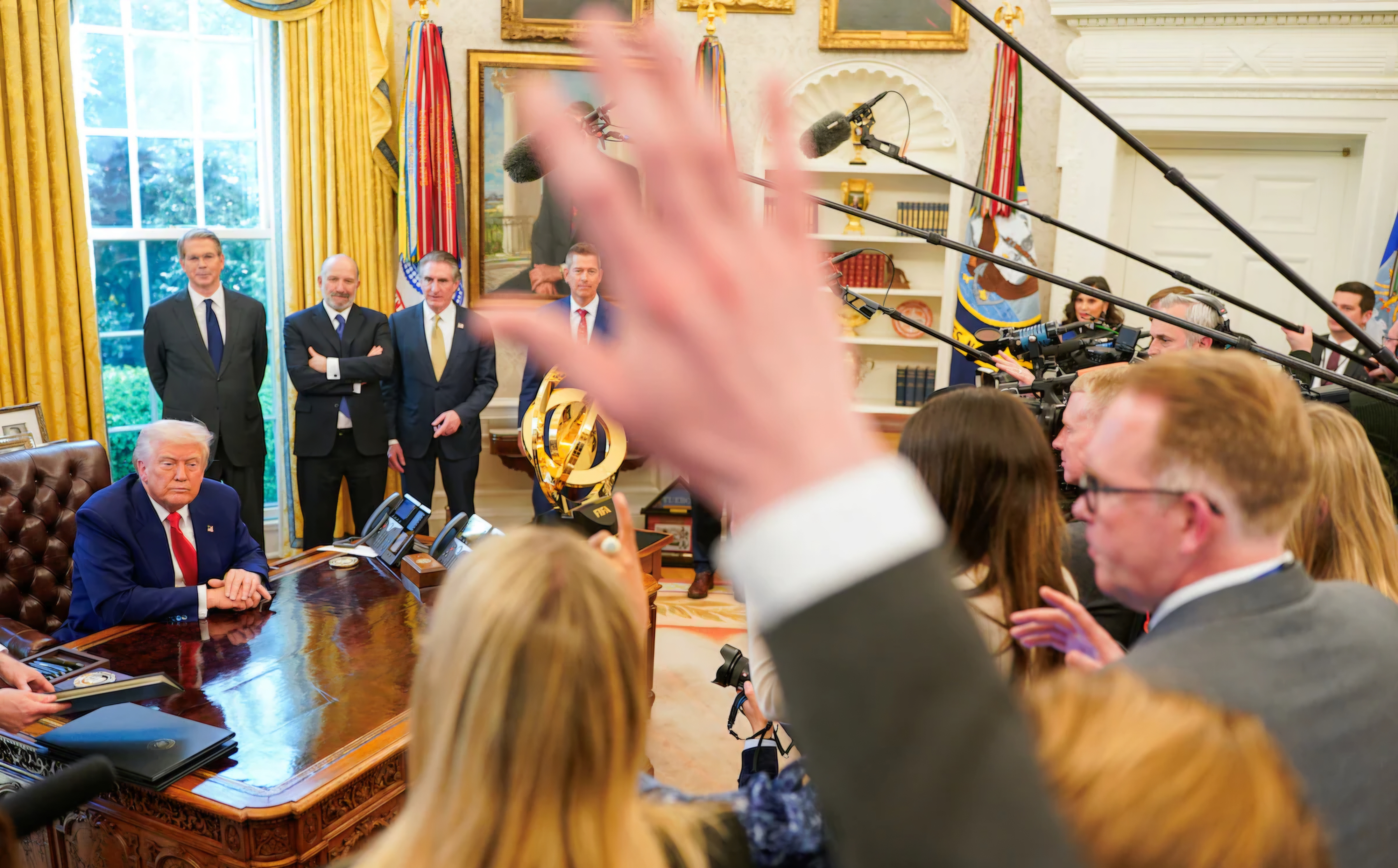
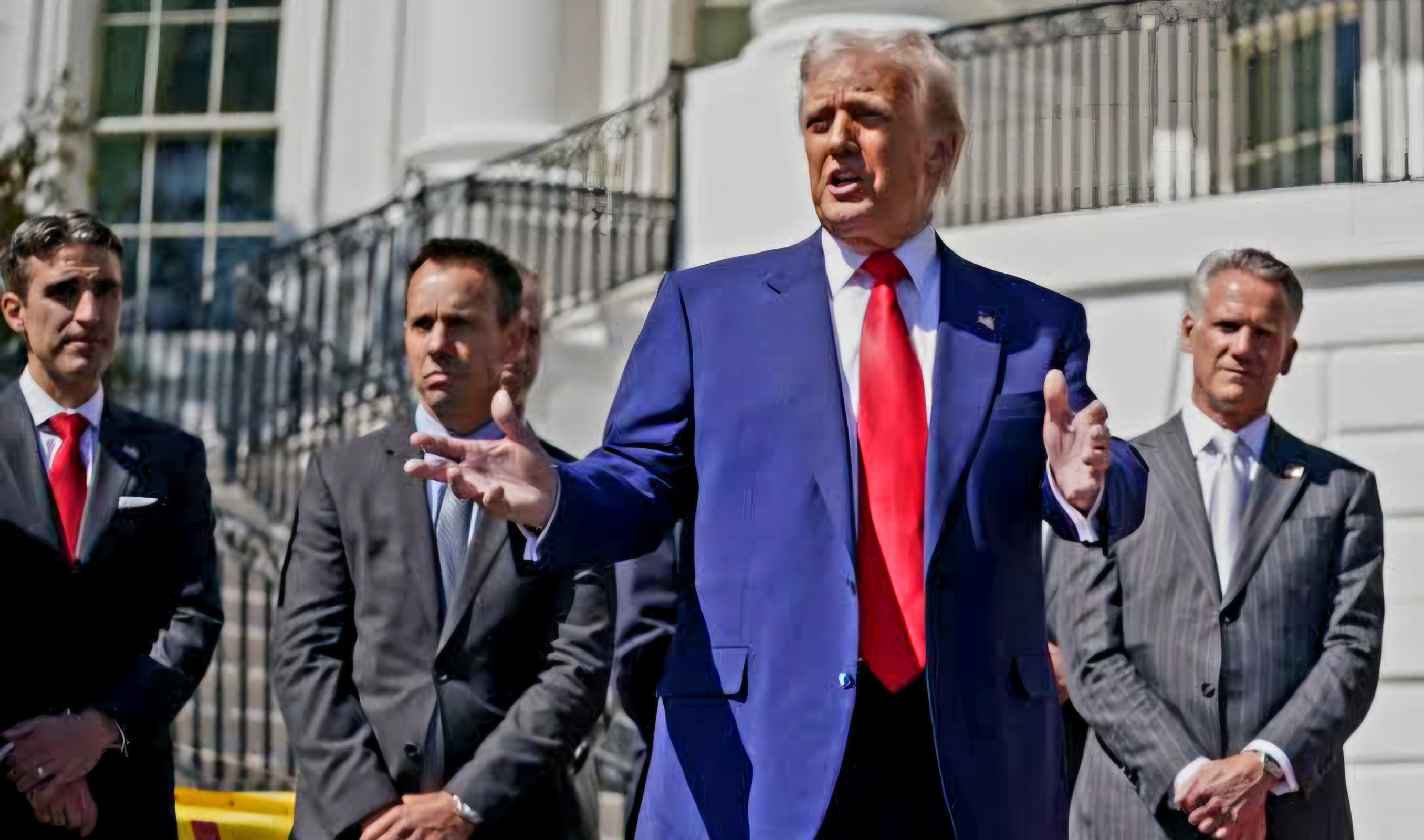
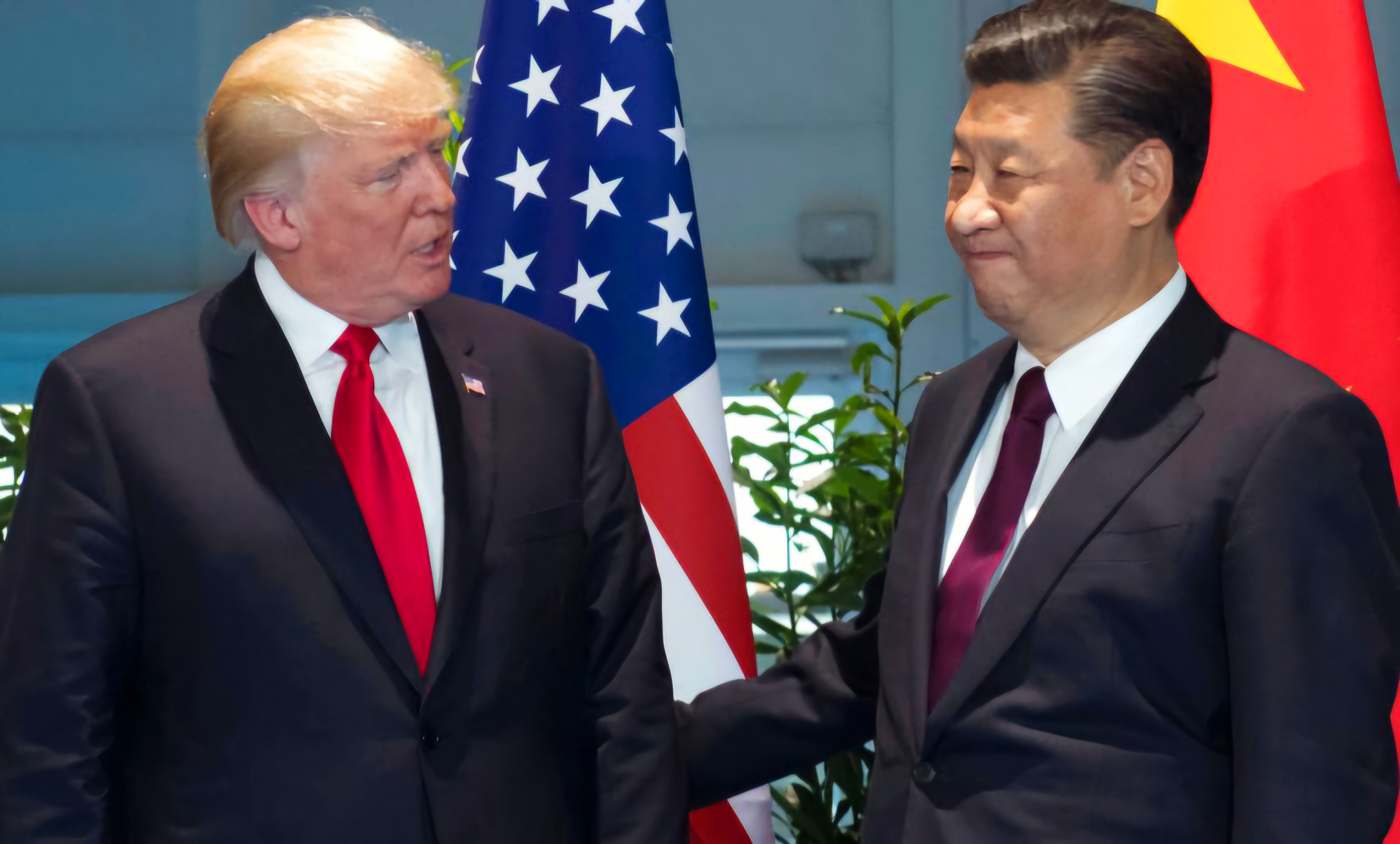
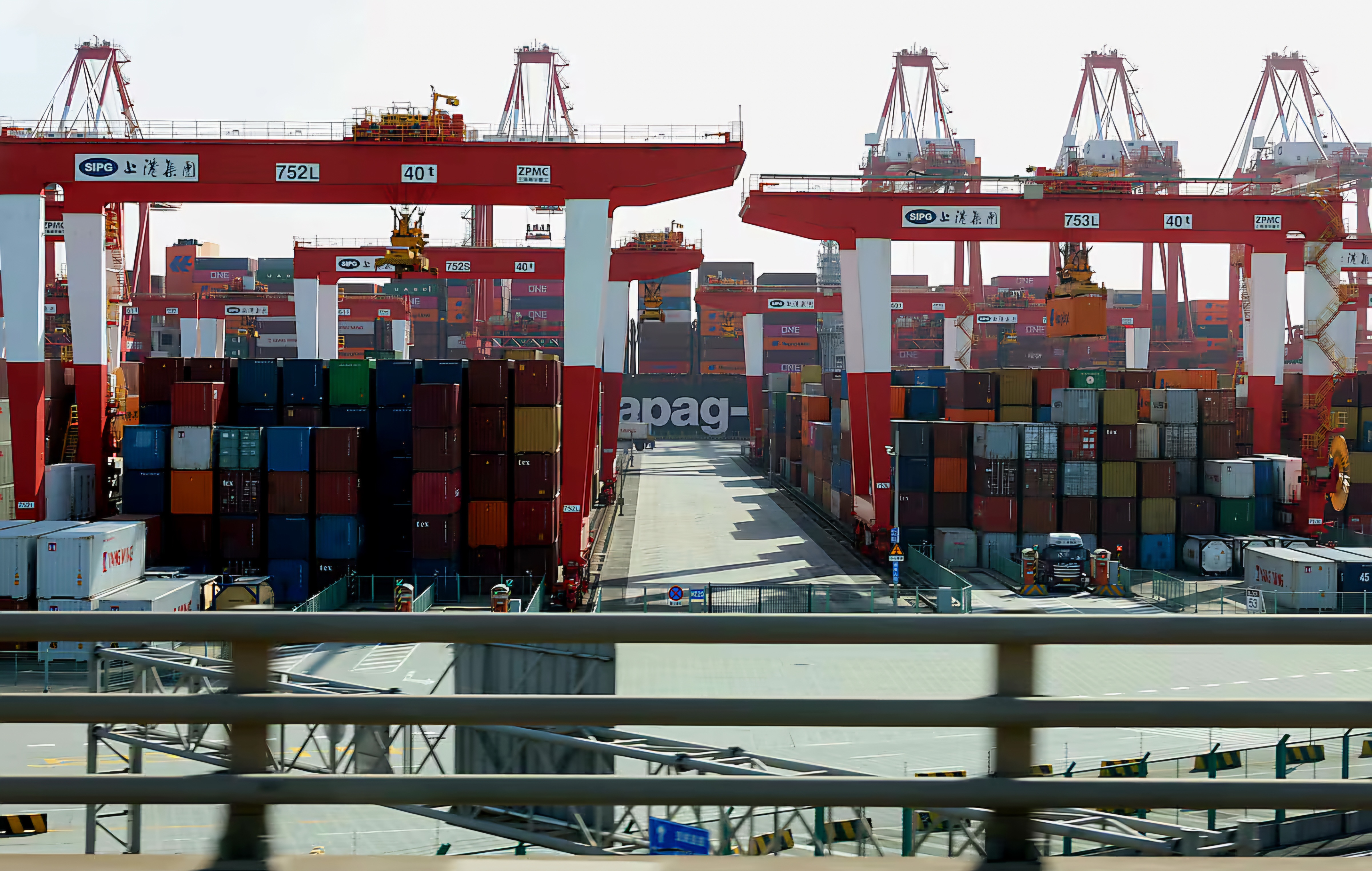
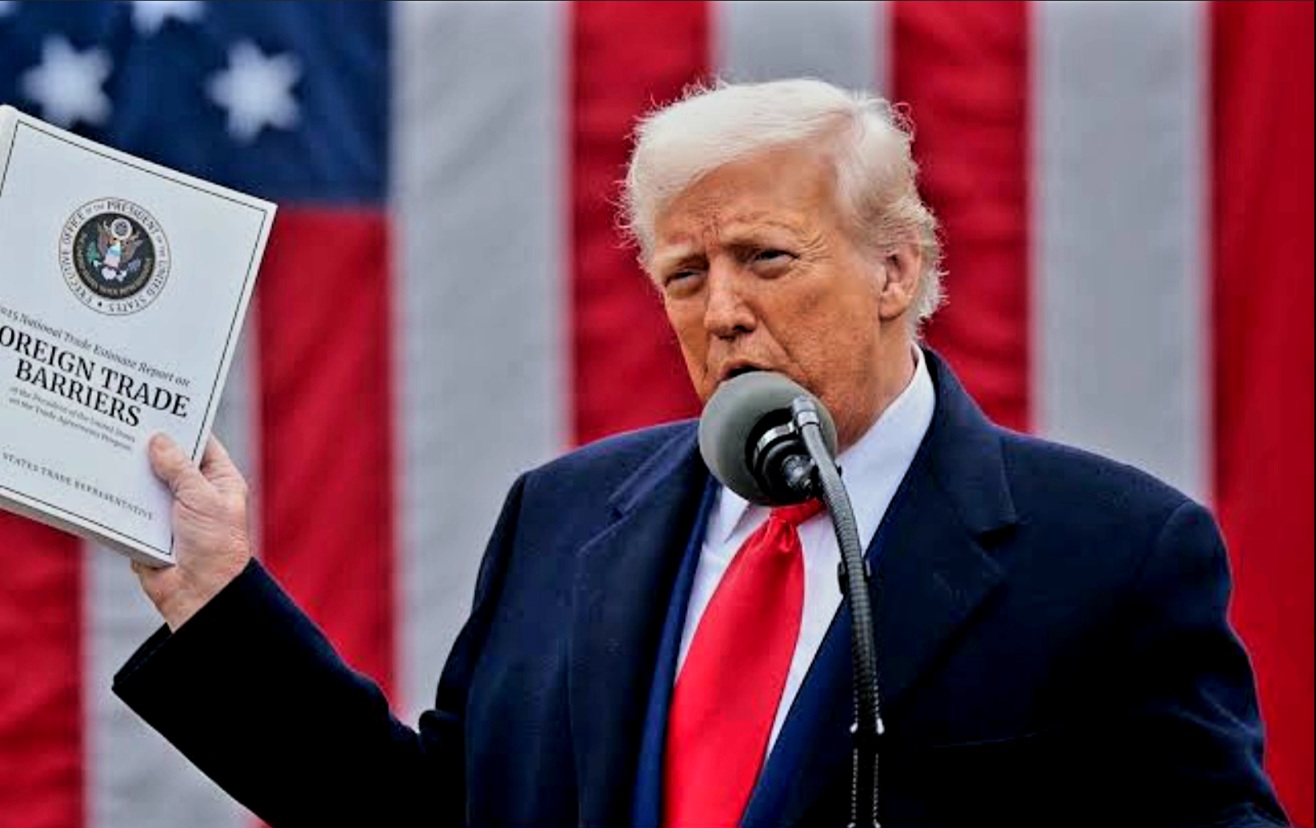

0 Comment(s)